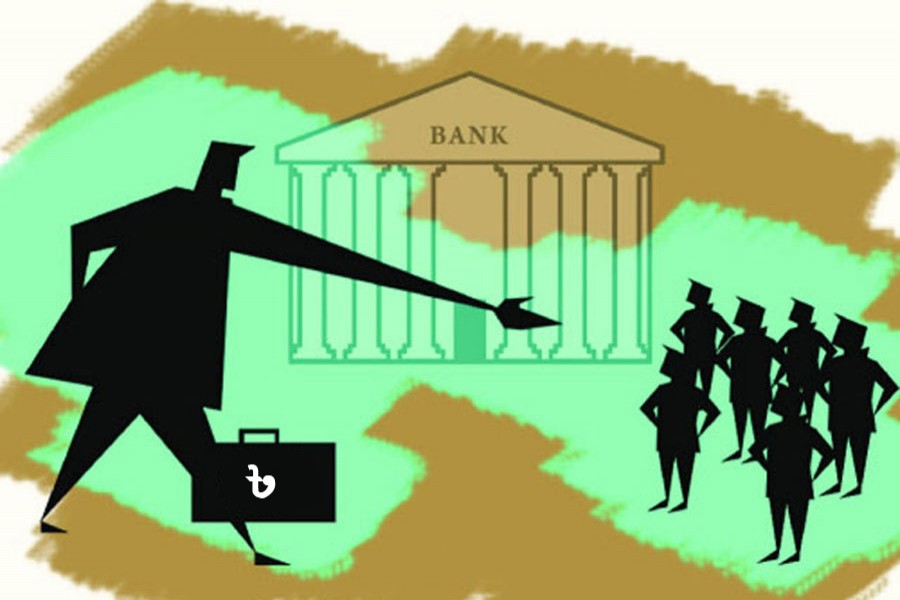As traditional banking is failing to include increased un-banked people into the banking network, there is a need for 'alternative' financial institutions for un-banked people, especially in rural areas.
In fact, only banks cannot solve the problem of financial exclusion. Multiple stakeholders and institutions will have to work in unison to accelerate financial inclusion activities. But in reality, this is not happening in the country.
The no-frills (offering or providing only the most important or basic things) accounts including Tk 10 accounts for farmers, student accounts, and banking for street children are failing to contribute to inclusive growth but such initiatives have otherwise increased access to financial system and financial literacy among the people.
There is no denying that most of the banks have limitations. The existing banks and non-bank financial institutions could provide services as long as they can recover transaction costs. It is thus natural that the banks will not go to places where they are bound to sustain losses.
The government should launch awareness campaign as bank-related knowledge helps people understand about its services and necessity, thus fostering financial inclusion and inclusive growth. Regional banks or specialised rural banks and rural financial institutions will have to play a key role in financial inclusion for inclusive growth.
According to surveys conducted on the banking sector, it was found that the rural savings were larger than rural loans, which is obviously a positive side. The private banks, in addition to their profit-making goals, should explore the possibility of opening more branches in the rural areas.
In fact, they have some obligations to their rural clients. In this way, the 10 taka accounts will generate enthusiasm among the marginal people to maintain accounts and give them access to the financial system.
Earlier, many products of financial inclusion were experimented and many initiatives were taken under the inclusion programme by the central bank. But the end-result was not that much encouraging.
Financial inclusion and financial literacy have long been the words mostly used by the country's policymakers, bankers and researchers. These are all rhetoric. Henceforth, there is a need to undertake such programmes for economic growth.
What is encouraging is that the number of bank accounts now stands at around 100 million or over 56 per cent of the total 160 million population of the country. If only the adult population is taken into account, nearly 90 per cent people have bank accounts, which is a remarkable achievement for Bangladesh compared to the least developed and developing countries.
An World Bank (WB) survey shows that in most developing countries, less than half the population has an account with a financial institution, and in many countries the number is less than one in five households.
It is not very long ago when Bangladesh was dubbed as an under-banked country. Financial inclusion was a far cry at that time. Discussions were limited to the challenges, such as lack of knowledge and awareness in financial inclusion.
A study conducted by the Bangladesh Institute of Bank Management (BIBM) shows that financial inclusion of the total population was 39.76 per cent in 2004 which rose to 56.42 per cent in 2010 due to the opening of 9.0 million Tk 10 farmers' accounts in state-owned banks.
However, a national financial inclusion strategy needs to be developed by the stakeholders for promoting inclusive growth. All development partners including the central bank, ministries and other organisations of the financial system should find out a cohesive way for formulating a strategy for financial inclusion.
All said and done, Bangladesh needs to take appropriate steps to bring all the un-banked people under formal financial network. SIM registration, strong regulation and issuing national ID cards with biometric verification will make things easier and safer to provide financial services.


